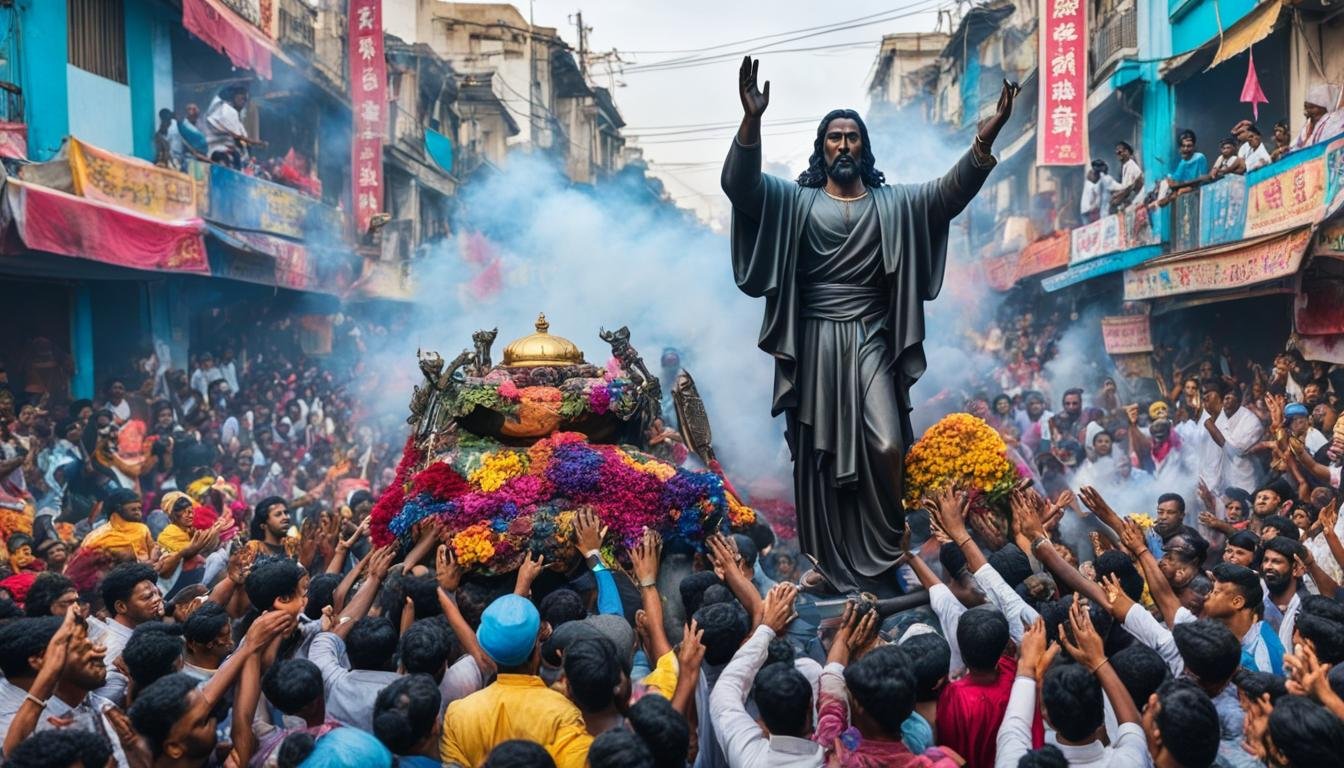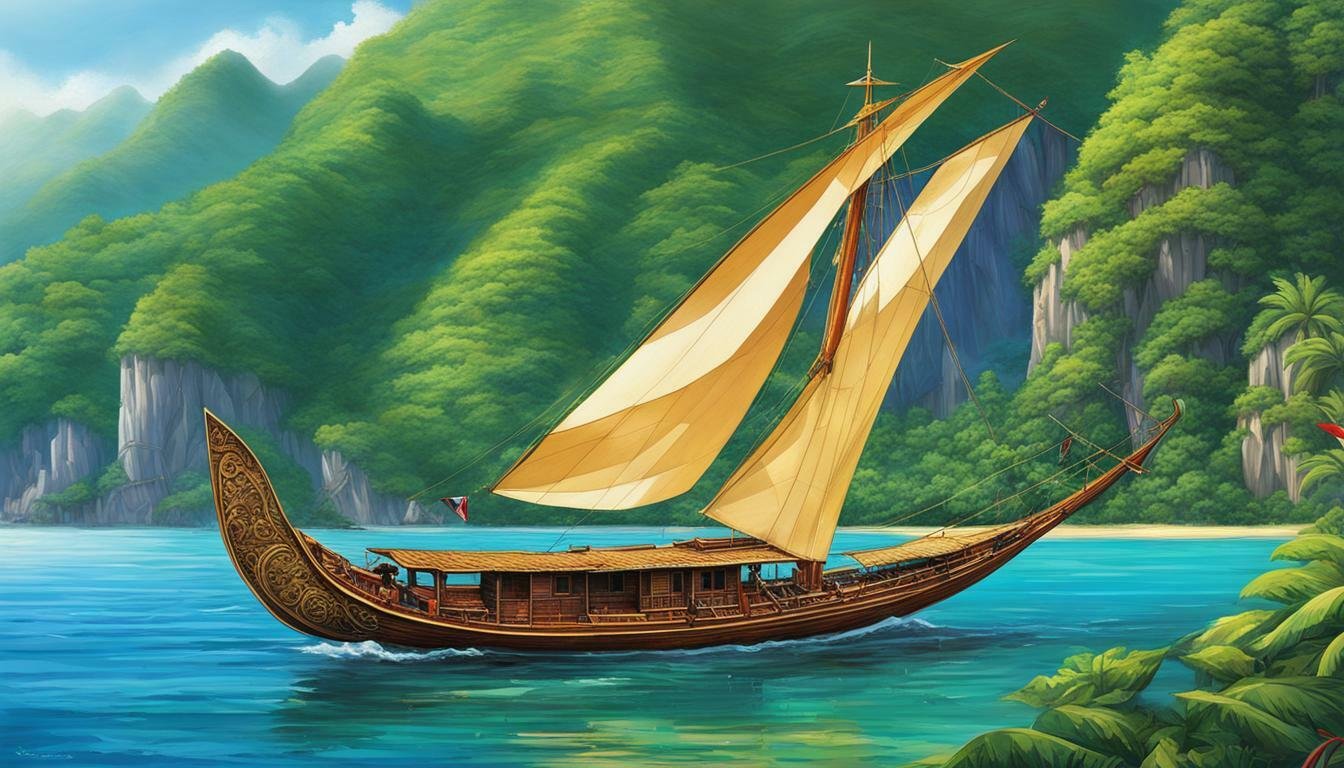Manila, a city steeped in history and vibrant with the pulse of modern Philippine life, has held a singular position at the heart of the archipelago for centuries. Its role as capital is not merely an administrative designation but a narrative woven through the fabric of the nation’s past, defining its political, economic, and cultural…
Tag: Spanish colonial era
Understanding the Black Nazarene Tradition
The Black Nazarene Tradition stands as one of the most profound and widely recognized expressions of faith in the Philippines. At its heart lies a dark-skinned, life-sized image of Jesus Christ carrying the cross, enshrined in the Minor Basilica of the Black Nazarene, more commonly known as Quiapo Church, in Manila. This tradition, particularly the…
T’boli Language of the Philippines
The T’boli Language of the Philippines is far more than just a means of communication; it is a vibrant repository of the history, identity, and intricate cultural tapestry of the T’boli people. Residing primarily in the highlands around Lake Sebu and surrounding areas in South Cotabato, within the larger island of Mindanao, the T’boli are…
Sama-Bajau Language of the Philippines
The Sama-Bajau people, often referred to as “Sea Nomads,” possess a rich cultural heritage intricately linked to the oceans they inhabit. Central to this identity is the Sama-Bajau language, a complex and diverse linguistic family spoken by various subgroups across the Sulu Archipelago, the coastal areas of Mindanao, Zamboanga, and extending into parts of Malaysia…
The Rich History of Kumpit: Philippine Boat
The vast archipelago of the Philippines, with its more than 7,000 islands, owes its identity, culture, and history profoundly to the sea. Long before the arrival of colonizers, sophisticated maritime cultures thrived, connecting islands, facilitating trade, and shaping distinct ways of life. Central to this narrative are the diverse traditional watercraft developed by ingenious coastal…
The Rise of Filipino Composers and Musicians in the Spanish Era
Did you know that the Spanish colonization of the Philippines, which lasted over 300 years, laid the foundation for a unique musical identity that blends indigenous traditions with Western classical techniques? This fusion gave birth to a rich cultural heritage that continues to inspire today. During the Spanish era, the musical landscape of the Philippines…
The Rise of Filipino Intellectuals and Scholars in the Spanish Era
By the late 19th century, the Philippines had one of the highest literacy rates in Asia. This was largely due to the Spanish colonial education system, which laid the foundation for a new class of thinkers. These individuals, known as the ilustrados, began to question the policies of their colonial rulers. The ilustrados were deeply…







